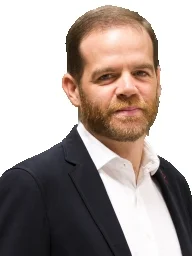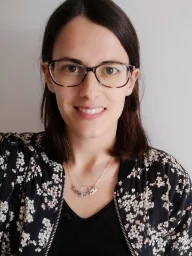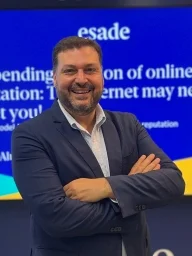Javier Solana during Annual Conference of Esade Alumni in Madrid: “There are ceasefire opportunities in Ukraine. It’s what is needed most now”
Javier Solana, president of EsadeGeo, considers there are opportunities for achieving a ceasefire in the war in Ukraine in a “relatively short time”, this being the main priority for ending the conflict and starting to negotiate long-terms solutions after three months of conflict. Solana, also former NATO general secretary, shared these insights whilst analyzing the global crisis caused by the conflict during the 12th Annual Conference of Esade Alumni in Madrid, which welcomed more than 300 former Esade students in the Caixa Forum auditorium in Madrid. This event, entitled “Global challenges in a new geopolitical landscape” focused on the ability to respond in times of change and the possibility of making a positive impact on society, and as the Esade Alumni president, Belen Moreu, said, “If you take a single message home today, I’d like it to be that we have to increasingly take action in order to help make this impact.”
During a conversation with RTVE journalist Anna Bosch, Solana expressed his concern about the impact of the war in Ukraine. “Will we suffer? Yes, a great deal,” he admitted, “I don’t want to give the impression that it’s settled.” However, geopolitical shifts such as a possible new stance by China, the response of a European Union that is more united and much more European than before and the impact of hard-hitting sanctions on Russia have created a new scenario. “This is a good time to bring China slightly into the picture and achieve what I regard as a greater success: a ceasefire. What is needed most at the moment is a ceasefire, a calmer situation, and then to try and find a mechanism to enable negotiations.”
A completely different world
During the conversation, Solana said that the Russian invasion has not achieved its goals. “The idea was to capture Kiev in 24 hours and that people would applaud. The president would step out of sight and a puppet regime would be established. But this is not what happened. It’s been a military failure for Russia and a success as regards the defense of Ukraine by its citizens.” International sanctions and the measures taken by the European Union to end its reliance on Russian gas are giving Russian more problems. “All this puts Russian in an extremely difficult situation,” he explained.
Solana did, however, voice doubts that Ukraine could win the conflict in military terms. The former high representative of the EU for Foreign Affairs believes the present-day situation to be “very, very serious.” Ukraine is now landlocked, and this has reduced its exports and caused a food crisis in Africa and other parts of the planet. And the EU has a considerable energy problem which Bosch described as the EU’s Achilles’ heel, which is why Solana feels that the fallout from this conflict will be long-lasting. “The world will be completely different. Fundamental consensuses have broken down, the structures of globalization have broken down.”
A historic NATO summit in Madrid
These geopolitical shifts will be the focal point of the NATO summit in Madrid on 29-30 June which Solana describes as historic, partly due to the NATO membership application submitted by Finland and Sweden. “This will result in Russia having 1500 more kilometers of borders with NATO,” he pointed out. To date, the main obstacle has been Turkey’s veto of membership of these two Baltic countries, but Solana is confident that this stance will finally change. “They are not brave enough to go as far as they say they will.”
The summit will take place just a few days after the 40th anniversary of Spain becoming a NATO member, an event that Solana regards as one of the three steps that put the then young democracy on the world stage, along with Spain’s EU membership and recognition of the state of Israel. “By joining NATO, Spain fully defined its international position,” he emphasized to the hundreds of Esade alumni in the full Caixa Forum auditorium in Madrid. “Spain became completely consolidated, just as Sweden seeks today.”
Esade Alumni annual conferences are the flagship gathering for former Esade students. The conference held last Thursday in Madrid was opened by Belén Moreu, Esade Alumni president, and closed by Mario Lara, director of Esade Madrid. On 27 June, the 26th Annual Conference of Esade Alumni in Barcelona will take place.




